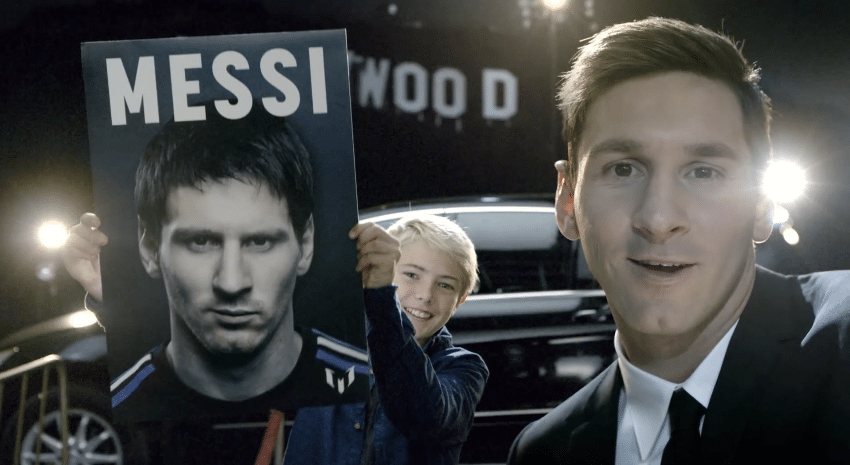The 17 Most Influential People in Travel of 2013

Skift Take
We like it when these people make headlines.
Travel isn't just about hotels, airlines, cruise ships, theme parks, and destinations. It's about the people who make these things work. And when it comes to people who make our work at Skift interesting, these 17 men and women helped shaped the travel news that made 2013 so exciting. They not only made mega mergers, smart social campaigns, and disruptive technologies happen, they set the bar for their competitors and imitators.
Here they are, in no particular order.
Travis Kalanick, CEO of Uber
The smart, opinionated CEO has barreled through the ground transportation industry with all the delicacy of a rabid bull in a china shop. He's done such a masterful job performing for the media that few bother to question how big the opportunities really are in Uber-like ground transport. Kalanick takes on critics and customers with an "I'm right, you're wrong" approach that is refreshingly blunt, even when he's wrong. If more CEOs were like Kalanick, the industry would be even more fascinating.
Nick Bilton at the New York Times
The New York Times' technology reporter didn't begin his one-man crusade against the FAA's rules for using electronic devices on airplanes this year, but 2013 is when everything changed for people eager to keep their their Kindles turned on throughout the flight. In October the FAA announced that gate-to-gate use of electronics would be allowed if the airlines met certain guidelines. Flyers took to Twitter to thank Bilton, while airlines raced to be the first to meet the FAA's new rules (JetBlue won).
Carolyn McCall, CEO of easyJet
McCall could get attention simply for being one of the very few women in a leadership position at an airline, but that won't do. This is the year that easyJet began showing Europe's low-cost carriers how you can keep some prices low, but fine-tune your offering enough to attract business travelers. It resulted in a 51% increase in pre-tax profits this year. Another measurement is even more dramatic: She made Ryanair's Michael O'Leary promise that he was going to "stop unnecessarily pissing people off."
Lionel Messi of FC Barcelona
Every four years around World Cup time, soccer/fútbol players help make or brea

